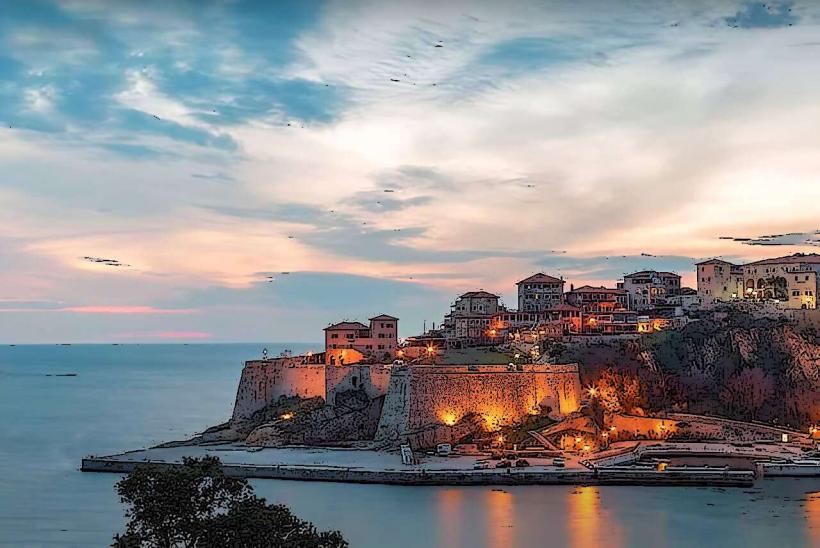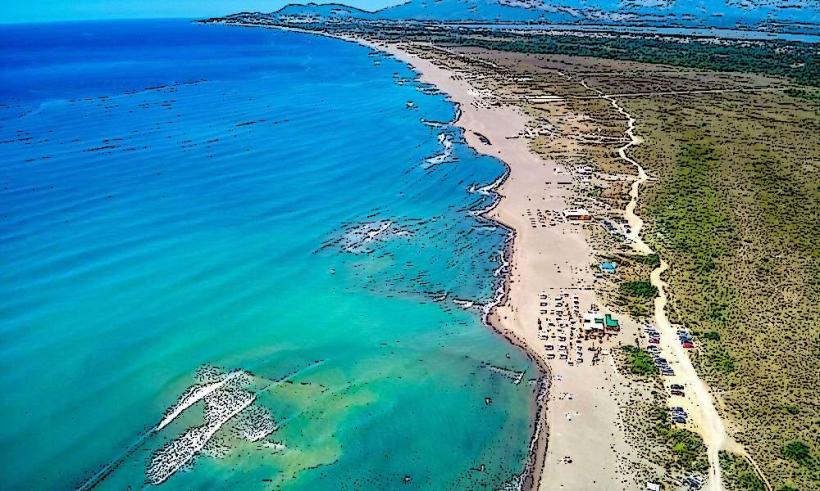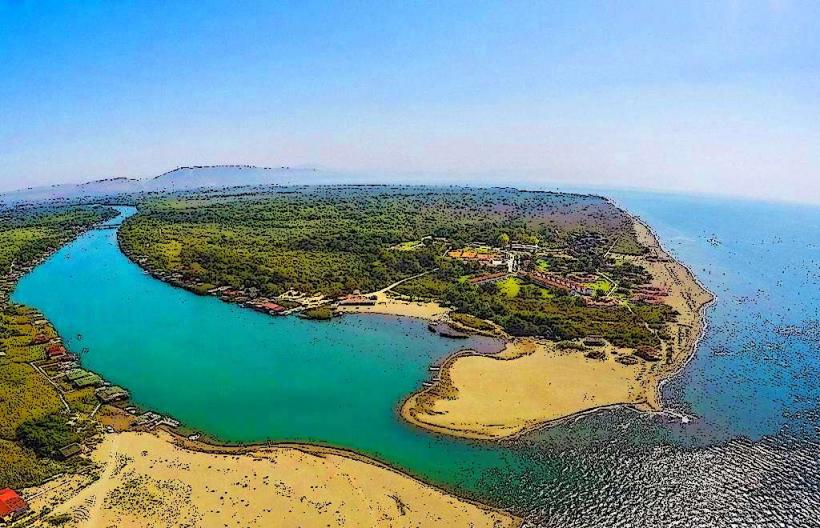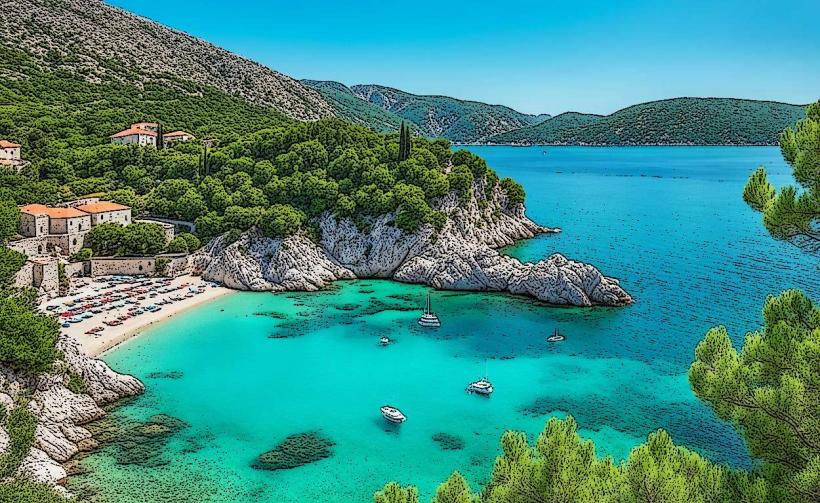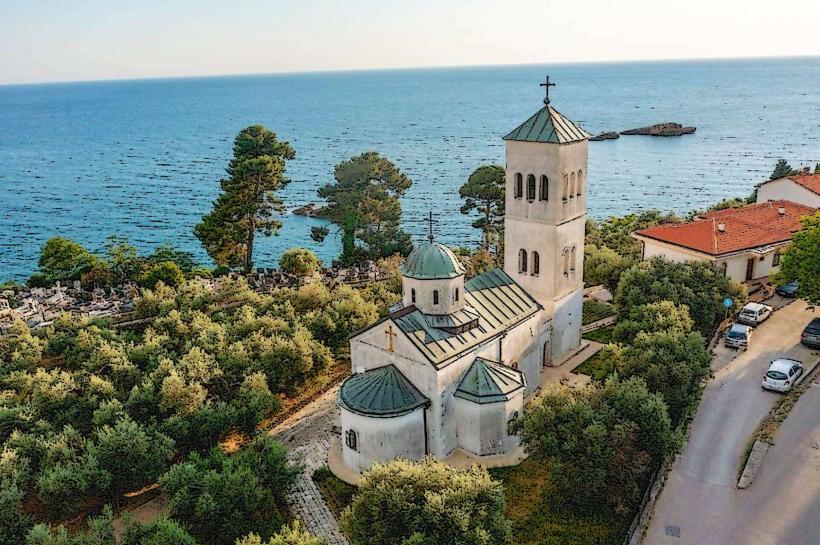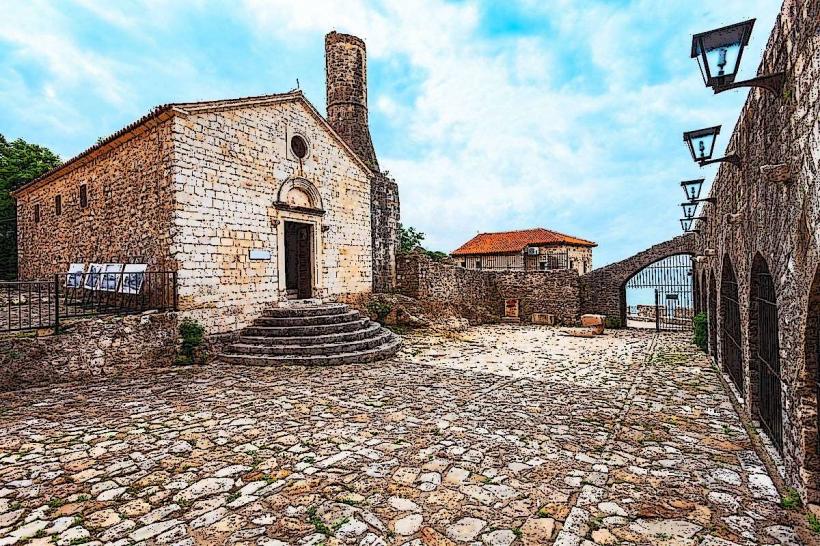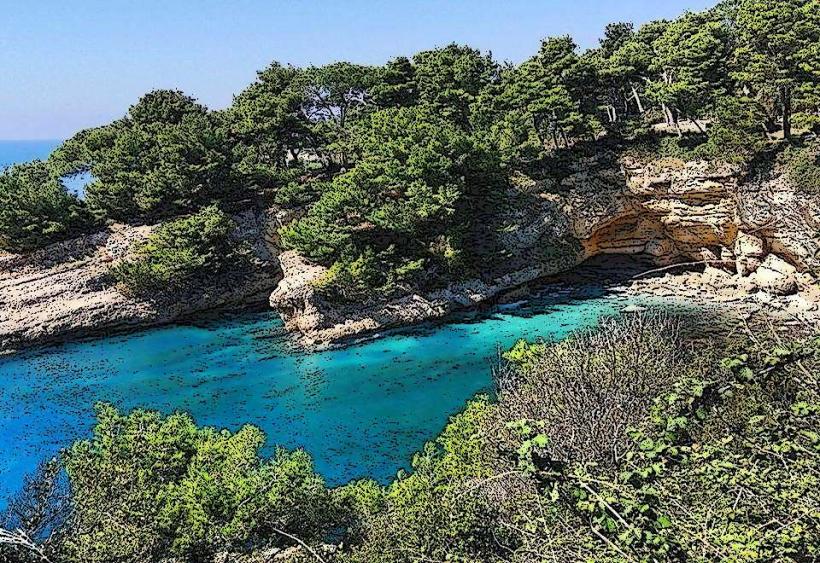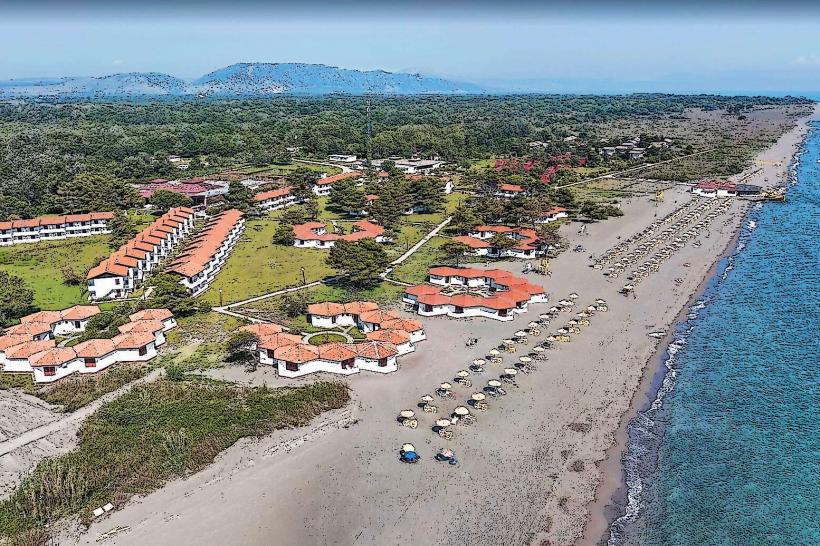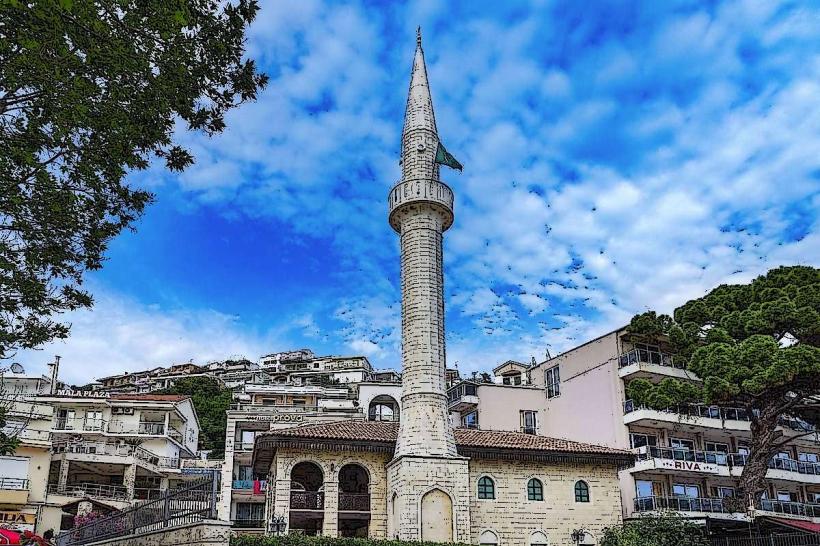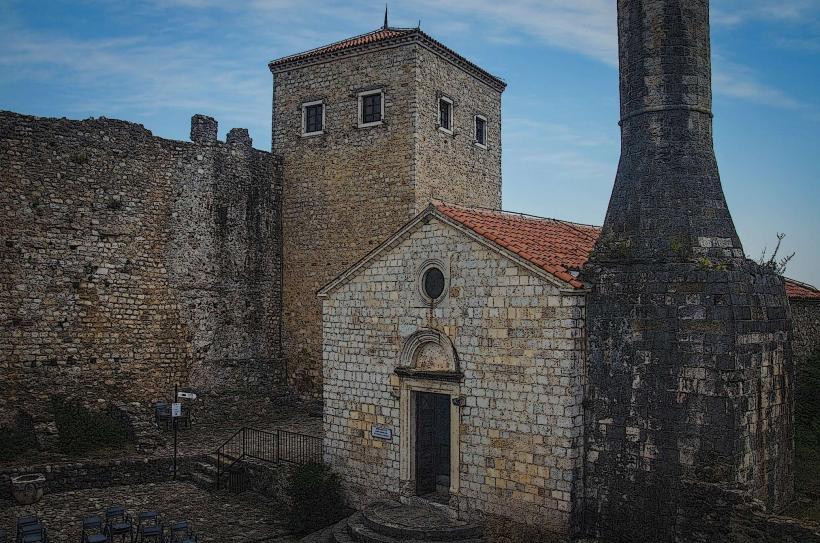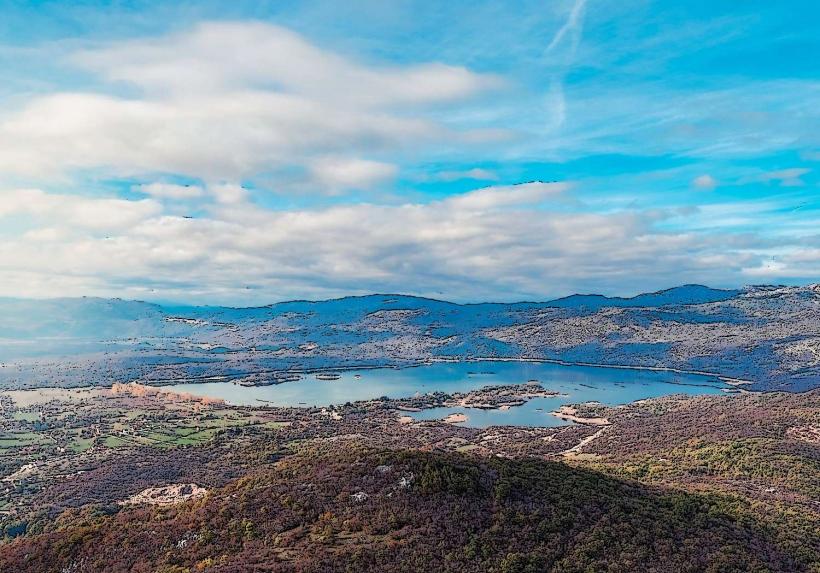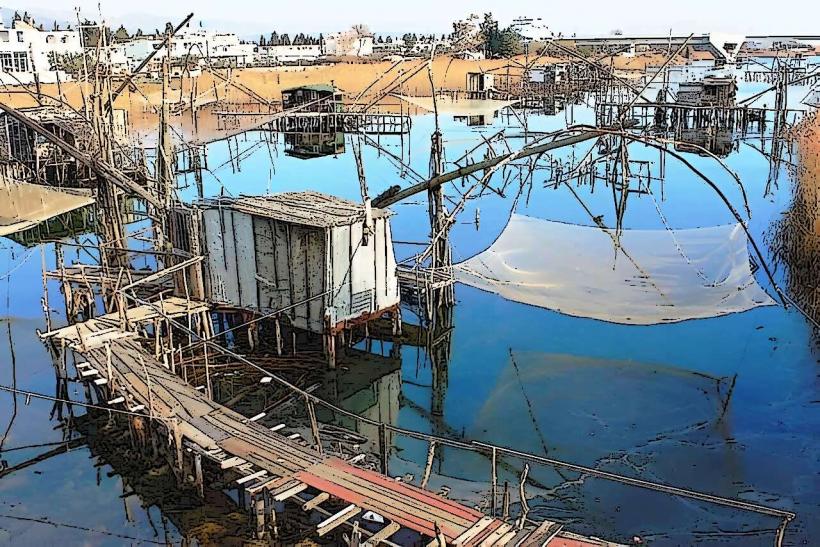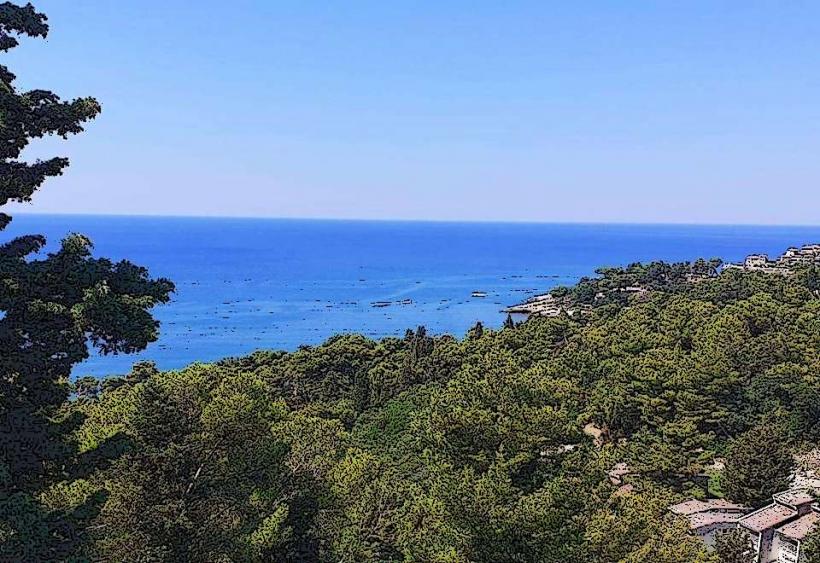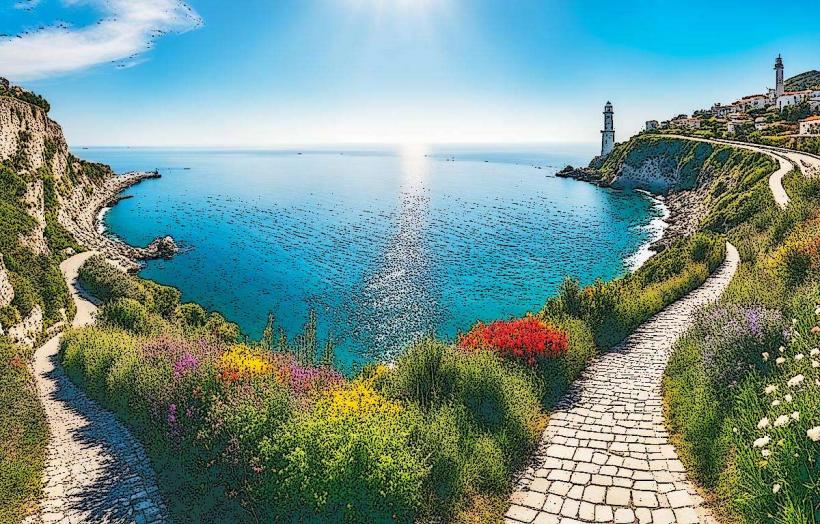Information
Landmark: Ulcinj Old TownCity: Ulcinj
Country: Montenegro
Continent: Europe
Ulcinj Old Town, Ulcinj, Montenegro, Europe
Ulcinj Old Town (Stari Grad Ulcinj) is one of the most charming and historically rich areas of Montenegro, located in the town of Ulcinj, situated along the southern coast of the country. Ulcinj Old Town offers visitors a unique blend of historical, cultural, and architectural heritage, and it is one of the most significant and well-preserved old towns in Montenegro.
Historical Background
- Ancient Origins: Ulcinj's history stretches back over 2,500 years. The town itself was founded by the Illyrians, an ancient group of people who inhabited the western Balkans. It was later occupied by the Greeks, Romans, Byzantines, and Ottomans, each leaving their mark on the town's development and architecture.
- Venetian Influence: Ulcinj Old Town also has a strong Venetian influence, especially during the time when it was part of the Republic of Venice. The Venetians fortified the town and contributed to the construction of various buildings and defenses.
- Ottoman Rule: The Ottomans took control of Ulcinj in the late 15th century, and it remained under Ottoman rule until the 19th century. The Ottomans introduced many architectural features to the town, including mosques, baths, and other buildings that define the town's distinct character today.
- Modern Day: After the Ottomans, Ulcinj eventually became part of the Kingdom of Montenegro and later Yugoslavia. Today, Ulcinj Old Town is an important cultural and tourist site, preserving its historical ambiance while attracting visitors with its picturesque streets and coastal views.
Architectural Features
- Fortifications and Walls: The Old Town is enclosed by ancient stone walls and fortifications, some of which date back to the Roman era. The defensive walls are a key feature of the town, providing protection and offering spectacular views over the Adriatic Sea. The Citadel (or Kalaja) stands at the highest point of the town, offering a panoramic view of the surrounding coastline and sea.
- Narrow Streets and Alleys: The Old Town is characterized by narrow, winding streets and cobblestone alleys, which lead visitors through its quaint buildings and connect different parts of the town. The traditional architecture of Ulcinj is a mix of Ottoman and Mediterranean styles, with whitewashed houses, wooden balconies, and arched windows.
- Historic Buildings: Some of the town's notable historical buildings include:
- The Venetian Tower: This tower is a remnant of Venetian influence and is part of the town’s fortifications. It provides excellent views over the town and sea.
- The Old Mosque: Built during the Ottoman period, this mosque is still in use today and is one of the many mosques in the Old Town.
- The Church of St. Nicholas: A Catholic church that blends Ottoman and Venetian elements in its design, showcasing the town's diverse cultural influences.
Cultural and Touristic Significance
- Cultural Heritage: Ulcinj Old Town is not only an important historical site but also a living cultural center. The blend of cultures, including Illyrian, Roman, Venetian, Ottoman, and Montenegrin, gives the town a unique atmosphere that reflects the diversity of the region.
- Tourist Attractions: The Old Town is one of the top tourist attractions in Montenegro, offering a range of experiences for visitors:
- Historical Sites: Walking through the Old Town allows visitors to explore centuries of history, from the ancient walls and Roman ruins to Ottoman-era mosques and Venetian towers.
- Local Art and Handicrafts: The narrow streets are lined with local shops, art galleries, and artisan stalls where visitors can buy handmade crafts, jewelry, and artwork.
- Restaurants and Cafés: The Old Town has many restaurants and cafés that serve traditional Montenegrin and Mediterranean cuisine, often featuring seafood dishes given the town's coastal location. Many of these establishments are housed in historic buildings, offering a charming atmosphere for dining.
Key Attractions in Ulcinj Old Town
- The Citadel: At the highest point of the Old Town, the Citadel offers some of the most breathtaking views of the Adriatic coastline. The citadel itself is an ancient fortification that has been used over the centuries to protect the town from invaders.
- The Ulcinj Museum of Archaeology, Ethnology, and History: Housed in a beautiful 17th-century building in the Old Town, the museum displays exhibits that showcase Ulcinj's rich history, from its Illyrian origins to its time under Venetian and Ottoman rule.
- The Sailor’s Mosque: A mosque built during the Ottoman period with a beautiful location close to the sea, adding to the town's maritime atmosphere.
- St. Nicholas Church: Located at the entrance to the Old Town, this church has a beautiful courtyard and offers views of the town and sea.
Modern-Day Ulcinj Old Town
- Tourism: Today, Ulcinj Old Town has become a popular destination for tourists, especially those interested in history, culture, and Mediterranean architecture. It offers a more laid-back and authentic atmosphere compared to some of Montenegro’s other, more commercialized destinations.
- Vibrant Community: The Old Town is home to a vibrant local community that includes Montenegrins, Albanians, Muslims, and Christians living side by side. The mix of cultures is reflected in the town’s architecture, food, and traditions.
- Cultural Events: Throughout the year, Ulcinj Old Town hosts various cultural events, including music festivals, art exhibitions, and theatrical performances, making it a lively place to visit during the summer months.
Conclusion
Ulcinj Old Town is a fascinating destination for anyone interested in exploring Montenegro’s rich history and diverse cultural heritage. The combination of ancient fortifications, Ottoman-era architecture, narrow cobblestone streets, and scenic coastal views makes it one of the most unique and picturesque old towns in the Balkans. Whether you are exploring its historic sites, enjoying the local cuisine, or simply wandering through its charming streets, Ulcinj Old Town offers a truly memorable experience.

